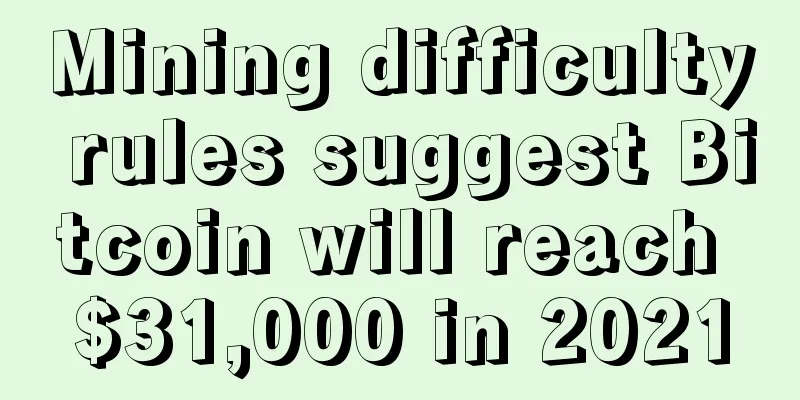Following the establishment of supervision in the United States and Japan, South Korea and Dubai began to regulate Bitcoin

|
Following the United States and Japan in establishing regulatory legal frameworks, South Korea is also moving in this direction and is now establishing a legal framework to regulate Bitcoin and its use. South Korea’s financial regulator, the Financial Services Commission, announced on November 17, 2016 that it will launch regulatory guidelines for digital currency transactions in the first quarter of 2017 in response to the growing online trade in Bitcoin and other digital currencies in South Korea. The commission noted that digital currency transactions increased by an average of 6 percent per month in 2016 compared to the previous year. South Korea’s three largest exchanges processed 1.5 trillion won (about $1.3 billion) in transactions between January 2015 and October 2016. Although South Korea’s Ministry of Science, ICT and Future Planning recently implemented regulations for Bitcoin operation registration, they did not provide financial regulatory guidelines, so the Financial Services Commission of South Korea has set up a working group to discuss the regulatory status of digital currencies and create licensing rules for exchanges. Dubai Seminar A local publication, Trade Arabia, also reported on the same legislative move by Dubai’s Supreme Legislative Council (SLC). It is said that Dubai will host a seminar on November 20, 2016 to discuss the current and future legislative policies and framework for Bitcoin. Ahmad bin Meshar Al Muhairi, secretary-general of Dubai's Supreme Legislative Council, said that given the difference between Bitcoin and other traditional currencies - the lack of control by a central regulator - there is a need to spread its high level of security and privacy in the virtual world. The importance of regulation The South Korean committee said that Bitcoin is often used for money laundering, drug trafficking, tax-related crimes, etc. The implementation of supervision now can not only prevent the illegal use of digital currency, but also promote the development of Bitcoin, because the implementation of supervision can establish the legitimacy of Bitcoin in the eyes of the public. Regulation can help win public trust and encourage new users to register. Japan is a good example. After the passage of the regulation bill in May, Bitcoin trading volume surged in the following six months. The Mt. Gox scandal ruined Bitcoin’s reputation in Japan, but the implementation of the regulation helped to restore confidence in Bitcoin among the Japanese public. Today, Japan is the second largest Bitcoin trading market in the world, second only to China. The introduction of a regulatory framework will also create conditions for accepting Bitcoin for purchases. The Swiss Parliament began regulating Bitcoin and blockchain-based startups in June. Earlier, the Swiss town of Zug began accepting Bitcoin payments for a social service. Today, Switzerland allows users to use Bitcoin to buy train tickets, and Bitcoin is sold at stops across Switzerland. |
>>: Blockchain Q3 report: Funding amount decreases, but more companies participate
Recommend
Can you make money by buying and selling computing power? VeryHash & Binance will show you how to trade computing power
On January 13 , VeryHash and Binance jointly held...
Well-known Bitcoin engineer Jameson Lopp was poached by cryptocurrency wallet service provider Casa
Casa Wallet’s service includes some additional st...
Marriage line on the left hand or the right hand? Learn how to look at marriage line
A happy marriage is what everyone desires. The ma...
Physiognomy analysis: whether you are both beautiful inside and out
Physiognomy: whether you are both beautiful insid...
Why do people with round faces and straight noses have better emotional luck?
Why do people with round faces and straight noses...
Data analysis: Has BTC drawn a clear line with traditional assets? Index correlation drops to a low point
In a new article published on X, market intellige...
Teach you how to read palmistry to understand your destiny
Look at the thickness of the palm to understand t...
Bitmain releases terminal AI chip, end-cloud collaboration focuses on security
.view{padding:0;word-wrap:break-word;cursor:text;h...
Take a taxi with Bitcoin, it will soon become a trend
Tourism is one of the world's largest industr...
What does it mean for men with high brow bones?
People with high brow bones will appear to have d...
Interpretation: What does it mean to have a widow's peak?
In ancient times, one of the criteria for judging...
Babbitt Observation丨The overseas mining boom under heavy regulatory pressure: It is not easy for leading mining companies to "go overseas", and small and medium-sized miners are collectively waiting and watching
In May, the mining craze that was in full swing s...
Dimensionality Reduction Security Lab says new mining malware is spreading
On October 12, Dimensionality Security Lab (johnw...
Face reading and analysis of garlic nose
Face reading and analysis of garlic nose 1. Is a ...
The personality of people with willow eyebrows and their business strategies
Willow-leaf eyebrows refer to eyebrows that tilt ...









